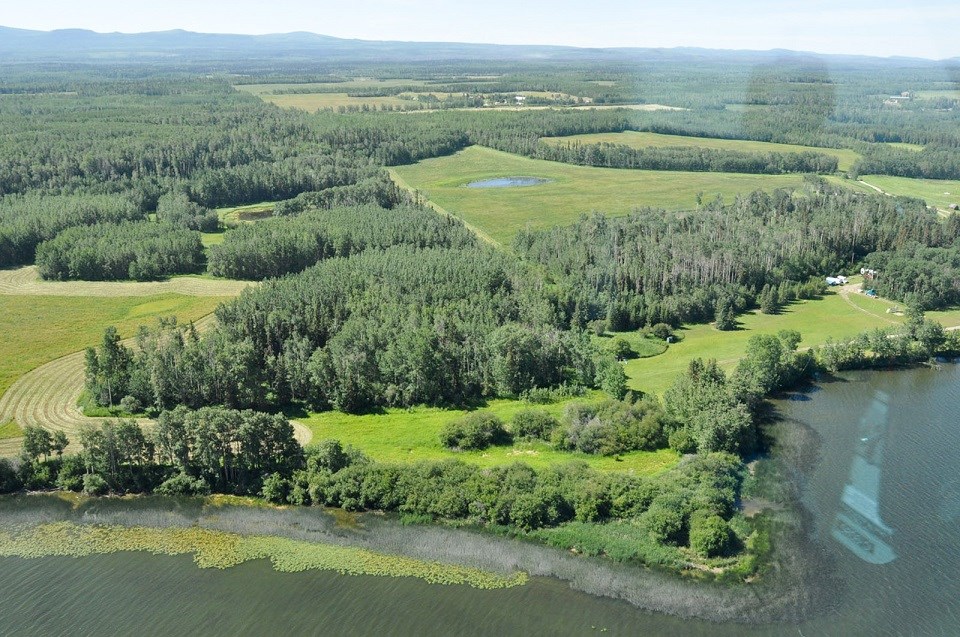Carrier Sekani Family Services (CSFS) says the passing of Prince George’s Safe Streets bylaw, which allows for the ticketing of a number of ‘nuisance behaviours associated with homelessness, highlights the profound need for its holistic healing and treatment centre.
The organization is currently in the process of developing a holistic healing and treatment centre on Tachick Lake on the traditional territory of the Saik’uz First Nation, southwest of Vanderhoof.
CSFS says an increasingly toxic drug supply, combined with the harms of historical and present-day colonialism, has led to Indigenous people dying from toxic drugs at a much higher rate compared to other BC residents.
In 2020, 14.7 per cent of all toxic drug deaths in BC were Indigenous people – a group that represents only 3.3 per cent of B.C.’s total population.
CSFS says the development of the treatment centre will be able to greatly increase the support so sorely needed by many of the people currently suffering on the streets of Prince George and other communities across B.C.
The programs would include detox, cultural and western treatments and aftercare. CSFS says it seeks to expand its Addictions Recovery Program from a seasonal service to an all-year round service as the need for mental health and addiction services in the region has never been greater.
The facility is currently planned to be open year-round, have 60 beds, and serve Indigenous people from a medically-based service delivery model that is grounded in traditional Carrier and Sekani healing and land-based wellness practice.
The organization making a public appeal to have the $16 million treatment centre project wholly funded.
Currently, CSFS is fundraising for the remaining funds needed for the design phase and beginning of the construction process. CSFS says it’s working with the province and federal government to fully fund the project – but the urgency can’t be understated.
To date less than $6 million of the estimated $16 million project has been committed to by the First Nations Health Authority.
Chief Corrina Leween, CSFS Board President, says she is further frustrated by the lack of financial commitment from both levels of government to complete the much-needed facility.
“CSFS had provided government with data on the opioid and mental health crisis; instead CSFS was told to wait for the completion of government budget estimates” said Leween.
“Now, CSFS is caught up in a federal election. It is further annoying that governments commit billions to public infrastructure, yet will not invest in Indigenous health facilities.”
The treatment facility has already overcome a hurdle when the Agricultural Land Commission (ALC) denied non-farm use on the Tachick Lake Resort site, despite it already being in use as a long-standing resort spot.
After ongoing dialogue the ALC approved an exemption for CSFS to use the Tachick Lake site for non-farm uses.
CSFS says this location was chosen after years of due diligence and feasibility studies to identify potential sites for a health and treatment centre.
“This call-to-action is correlated with existing recommendations for Truth and Reconciliation. This is a real-world solution that is already underway and its realization will lead to some solutions to the myriad issues facing the public and government leaders today, including working towards ‘safer streets’ for all.”
CSFS is a non-profit organization that serves predominately Indigenous clientele from local Carrier and Sekani Nations.




